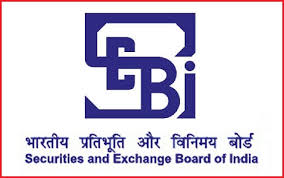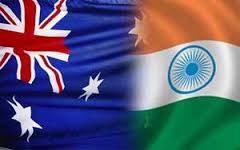 Promising $10 billion in credit to Africa to back a “partnership of prosperity” and pitching a broad alliance for global reform, Prime Minister Narendra Modi called for a permanent solution to the food security and agriculture subsidy issues at the Nairobi WTO meet, to be held later this year.
Promising $10 billion in credit to Africa to back a “partnership of prosperity” and pitching a broad alliance for global reform, Prime Minister Narendra Modi called for a permanent solution to the food security and agriculture subsidy issues at the Nairobi WTO meet, to be held later this year.
Addressing the inaugural session of the 3rd India-Africa Forum Summit (IAFS), Modi also made a strong pitch for deeper India-Africa ties in key areas of counter-terrorism, climate change and UN reforms. His nearly half-an-hour speech at the session was attended by 41 heads of state and government, including Presidents Jacob Zuma of South Africa, Mohammadu Buhari of Nigeria and Abdel Fattah al-Sisi of Egypt,t and hundreds of senior officials from 54 African countries.
He said India and Africa also seek a global trading regime that serves development goals and improves trade prospects. “When we meet at the Nairobi Ministerial of the WTO in December, we must ensure that the Doha Development Agenda of 2001 is not closed without achieving these fundamental objectives.”
The WTO’s General Council had accepted India’s demand for extending the peace clause till a permanent solution is found for its food stockpiling issue. For a permanent solution to the food security issue, India had proposed either amending the formula to calculate the food subsidy cap of 10%, which is based on the reference price of 1986-88, or allowing such schemes outside the purview of subsidy caps. If no solution is found by the agreed deadline of December 31, the peace clause will continue till the time a solution is found.
Calling for stronger ties in the strategic areas of counter-terrorism and climate change as well as on UN reforms, Modi told the visiting leaders, “We will raise the level of our support for your vision of a prosperous, integrated and united Africa that is a major partner for the world.”




